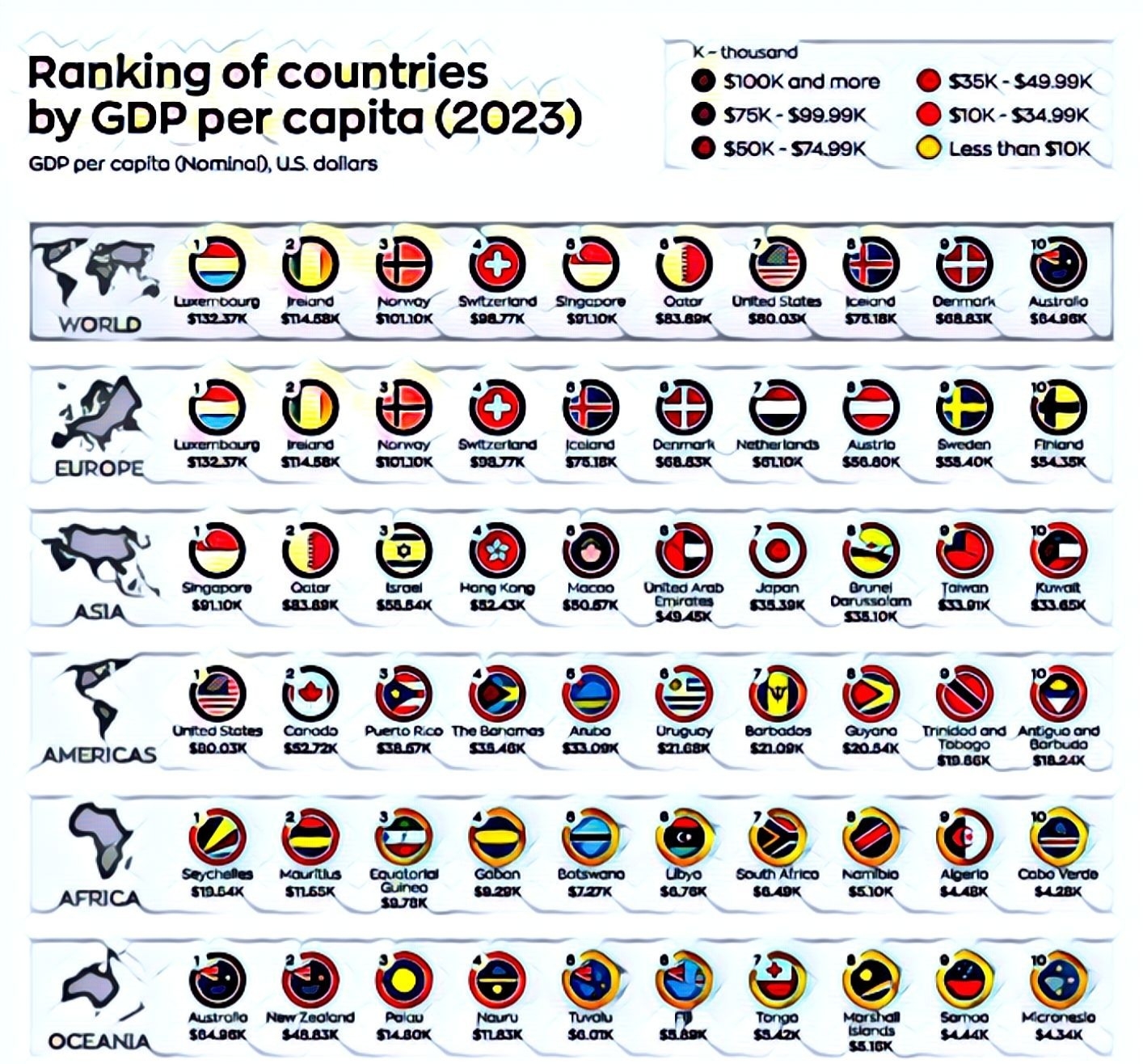
10 June 2024Trump economic policy would be to cheapen the dollar, lower interest rates, and weaken the Independence of the Fed. What would the effects of such an American policy on the economy?
1. IntroductionAn American policy aimed at cheapening the dollar, lowering interest rates, and weakening the independence of the Federal Reserve (Fed) would have far-reaching implications. This policy approach could affect various sectors of the...

















